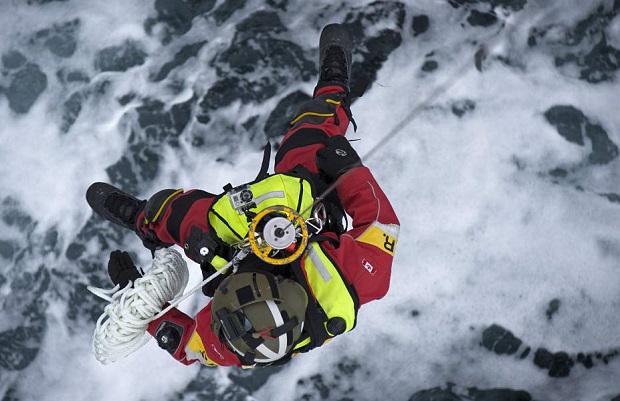An examination of the military’s involvement in search and rescue operations will not be part of the current review of Canada’s defence strategy, according to Defence Minister Harjit Sajjan.
“The previous government might have been looking to privatize search and rescue. But this government is not because the Canadian Armed Forces play a critical role in search and rescue,” Sajjan said during Wednesday’s Question Period in Parliament.
The statement appeared to be different from comments he made the day before that all capabilities of the armed force will be considered in the review of Canada’s defence policy, according to a report from the Ottawa Citizen.
Hear from military personnel what Canada needs to enhance its C4ISR capabilities. Click on the logo below
The review originally included an examination of the military’s role in SAR operations.
According to the Government of Canada Web site, SAR efforts cost about $5 million a year.
RELATED CONTENT
Review that will decide the future of Canada’s armed forces launched
Budget 2016: Defence procurement postponed once more
The Canadian Armed Forces responds to more than 9,000 distress call each year. A thousand of those calls require military SAR helicopters and planes.
The remaining 8,000 calls are handled with the help of other government departments, volunteers and private companies.
Sajjan had earlier named the members of a blue-ribbon panel that will review Canada’s defence strategy. As part of that review, the government also released a 36-page document asking for feedback from the military. The document includes a section on SAR.
In announcing their 2016 budget, the Liberals also said that the government is delaying until 2022, some $3.7 billion in planned spending on large capital projects for the military.
It is not yet known what projects will be impacted by the spending freeze.
Sajjan said the military needs to build expertise in certain areas and need to enhance its capabilities in cyber warfare and space operations.
“We have seen cyber become an extension of the modern battlefield,” Sajjan said.


